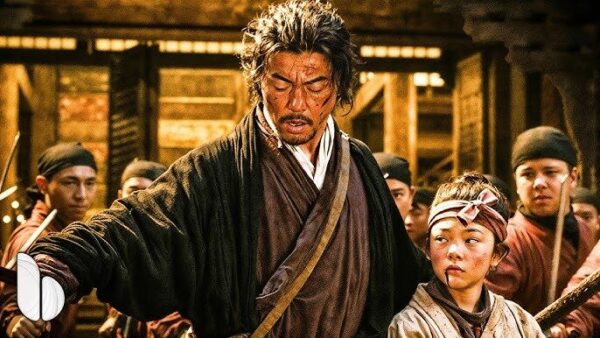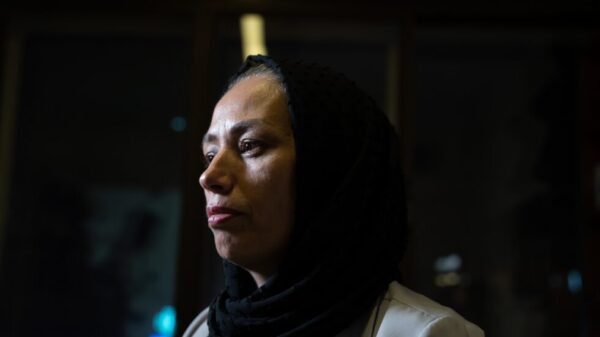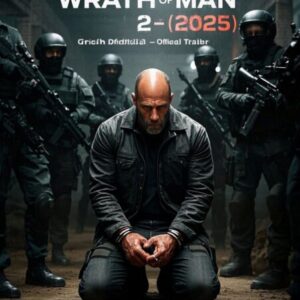In the year 2025, the concept of “an eye for an eye” continues to be a topic of debate and controversy in various aspects of society. This age-old phrase, often associated with the idea of seeking revenge or seeking justice in a proportional manner, raises important ethical questions when applied to modern-day situations.
One of the key areas where the principle of “an eye for an eye” is often discussed is in the realm of criminal justice. The concept of punishment fitting the crime is deeply rooted in many legal systems around the world. However, as societies evolve and become more compassionate, there is a growing recognition of the importance of rehabilitation and restorative justice over retribution.

In the context of international relations, the notion of “an eye for an eye” can have severe consequences. Retaliatory actions between nations can escalate tensions and lead to further violence and instability. Diplomacy and dialogue are increasingly seen as more effective alternatives to the cycle of retaliation and counter-retaliation.
Furthermore, on a personal level, the concept of “an eye for an eye” can have detrimental effects on mental health and relationships. Holding onto grudges and seeking vengeance can perpetuate a cycle of negativity and harm. Practicing empathy, forgiveness, and understanding can lead to healing and reconciliation instead.

As we look towards the future, it is crucial to reevaluate the meaning and application of “an eye for an eye.” By prioritizing empathy, compassion, and conflict resolution, we can strive towards a more harmonious and just society. Rather than seeking retaliation, we can choose understanding and forgiveness to break the cycle of violence and foster a culture of peace and cooperation.
In conclusion, the phrase “an eye for an eye” may have historical significance, but in the year 2025, it is imperative to move towards more progressive and humane approaches to justice, conflict resolution, and interpersonal relationships. Only by embracing compassion and understanding can we truly break free from the cycle of violence and build a better future for all.





